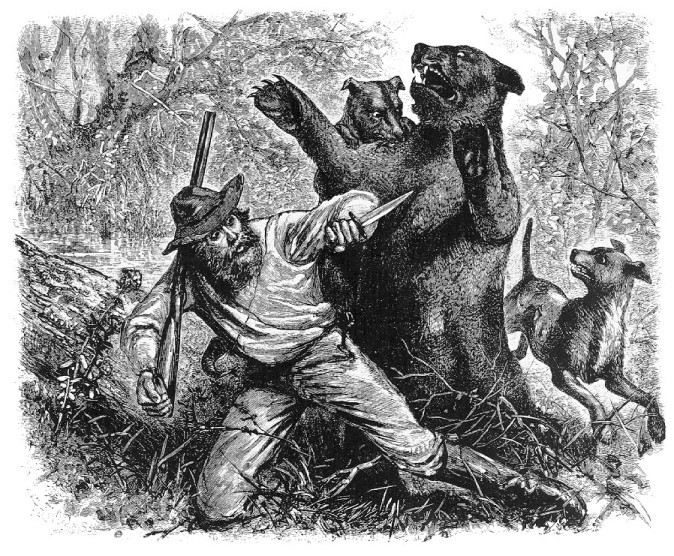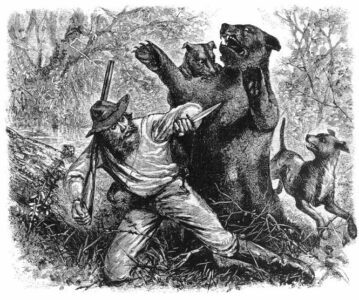Full disclosure: if this post sounds like it’s from a crotchety old man, it’s probably because I am a crotchety old man and you need to get off my lawn.
All right, with that out of the way, I want to talk about how books about history are always better than movies.
Yes, always. I said it.
But it’s not for the reasons they say: movies are a compressed form, and changes have to be made to fit the narrative into it.
Bullshit. If you want to change things for the narrative, write fiction. You can have any narrative in fiction you want, because you get to make it all up. And I say this not to insult fiction. I love fiction. I write fiction. Telling lies to get to a greater truth is something that only fiction can do.
But when I read/watch history, the least I expect is that it be true (and don’t @ me historians, I know history is often based on incomplete or inaccurate information. I’m not talking about that. I’m not even talking about choosing between different historians’ opinions about events and picking the one that’s more dramatic. I’m talking about changing/adding things that definitely aren’t in the record.) History is supposed to be nonfiction, for crying out loud.
Also — and here’s where I finally get to the point — where movies inevitably get it wrong, is they not only change things, they change the wrong things to make their tale more dramatic. If your history can’t be dramatic without lying about what happened, then write about something else. One of my favorite examples of this is The Revenant. There’s going to be spoilers in this rant, both to the movie and the history, but it’s history, it’s been known for a long time.
In the movie, the protagonist Hugh Glass is mauled by a grizzly. His two companions then murder his son, steal his stuff, and leave him to die. He crawls hundreds of miles to get his bloody revenge. Fabulous stuff.
But the truth is so much better! To make it “more dramatic,” the filmmakers took out the parts that I believe make it far more interesting and more relevant to how we behave as humans.
First and foremost, the two men with Glass did not murder his son. He had no son with him on this journey. They were supposed to wait with Glass until he died and then return to the company of fur trappers they were with. When after five days he wasn’t dead, they got sick of waiting, took his stuff (including most importantly, his .54 caliber rifle), and left him to die.
He did not die. Now here’s the interesting part. In the movie, he takes this incredible, strenuous trek to get revenge on the men who murdered his son. A classic revenge tale and one we have heard a thousand times before. That’s why they put it into the movie. They know it will work. Bad guy kills heroes wife/child/friend/dog. Hero overcomes obstacles and gets revenge. Possibly “doesn’t waste the bullet” (usually after casually slaughtering hundreds of henchmen) to prove he is better. Bad guy gets comeuppance. Hollywood gold.
But this is history, and it is so much more interesting. In truth, Glass crawled all those miles to get revenge on the two men for stealing his rifle. And when he finally catches them, he forgives them. That is far more interesting to me. It tells us something about a person’s ability to withstand the harshest of conditions through anger and hatred — but not over something as heinous as child murder, which we all agree would be a powerful motivator — and then to let it all go at the end.
And it has the added bonus of having actually happened, which I consider kind of a must for a genre called nonfiction.


